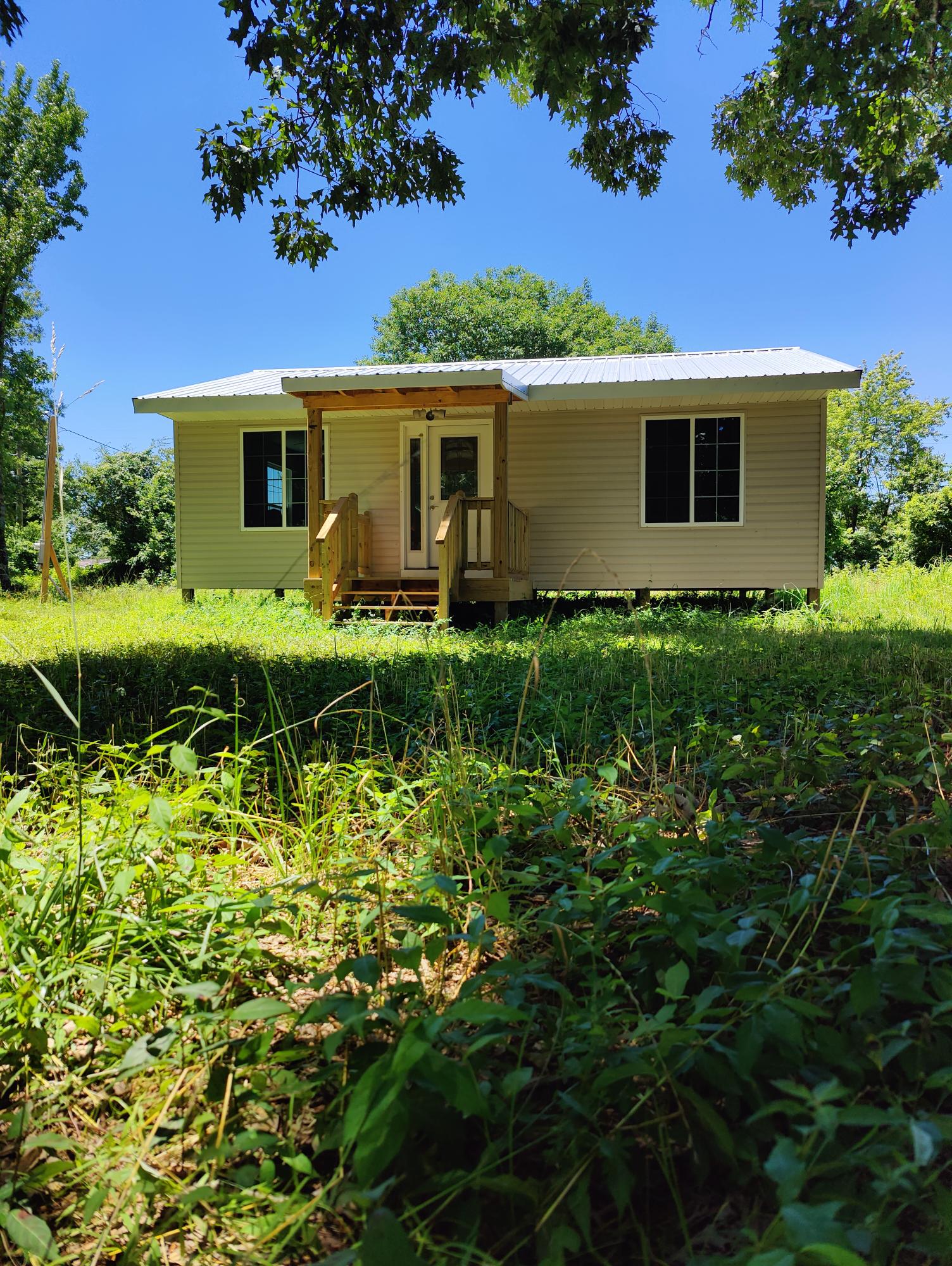Strengthening communities: Arkansas Community Foundation’s impact on tornado recovery efforts

Story by Lauren Morris, Affiliate Director of Arkansas Community Foundation
On March 31, 2023, central Arkansas, including the state’s capital city, Little Rock, and the city of Wynne, located on the east side of the state, experienced devastating tornadoes. In response, the Arkansas Community Foundation established the Central Arkansas Tornado Recovery Fund and Cross County Tornado Recovery Funds to support long-term recovery in both communities.
In disaster response and recovery work, there are typically two phases: the immediate response phase and the long-term recovery phase. While the immediate response phase focuses on addressing immediate needs such as search and rescue, medical attention, and providing shelter, the long-term recovery phase deals with rebuilding and restoring the community to its pre-disaster state or even improving upon it. The latter is when long-term recovery groups (LTRG) activate.
A strong, well-organized LTRG can ensure that available resources are utilized to address long-term recovery needs. They are typically comprised of state agencies, nonprofits, community groups, volunteers and faith-based organizations that agree to pool resources and support that long-term recovery. In central Arkansas and Wynne, these groups began forming in July 2023, organized by the Arkansas Chapter of VOAD. Membership in these two hard-hit areas is growing, and the groups meet every few weeks to assess and coordinate how they can collectively help those still impacted by the March 31 tornados.
The success of an LTRG is predicated on high-quality disaster case management (DCM). Case managers are the “funnel” point persons receiving applications from disaster survivors. They listen to their stories and provide individualized assistance, helping survivors navigate available resources and services. Those seeking assistance are typically people who’ve been denied FEMA funds or were underinsured or uninsured. Case managers bring those unmet needs to LTRGs.
With support from CDP’s Midwest Early Recovery Fund, the Arkansas Community Foundation established DCM from St. Vincent de Paul Disaster Services for Central Arkansas and Wynne. These funds laid the groundwork for both areas to build local capacity for DCM and long-term recovery groups for this and future disaster events. As a member of both communities’ LTRGs, Arkansas Community Foundation was able to pool resources with other organizations to better support long-term recovery.
The biggest challenge facing Wynne was housing. Many were homeless and, in some cases, living in FEMA trailers with the intention of moving out of the town entirely. With a lack of insurance and available housing, it was seemingly hopeless for survivors to find affordable housing and recover. By pooling resources between the community foundation and the LTRG, we were able to help build five new houses for families that, in a matter of minutes, lost everything. By coordinating funding, volunteer labor, donated materials and land, and volunteered expertise, the foundation provided a pathway to recovery for these households.
As unmet needs continue to surface, both LTRGs continue to work to provide resources, build up affordable housing and emotional support, and address other unmet needs to help survivors establish a new normal.
Arkansas Community Foundation is thankful to Center for Disaster Philanthropy for bringing the need for DCM and LTRGs to the forefront. This process also catalyzed the foundation to join the Arkansas Chapter of VOAD.
Without the support from the Midwest Early Recovery Fund, DCM and LTRGs would likely not be in place, and storm survivors would be left to cobble together resources on their own. Organizations in both communities would miss the opportunity to coordinate and pool resources.
To prepare for inevitable future disaster events, we have started the process of establishing a local DCM system to ensure that every Arkansan can recover from the unthinkable and that organizations know that they are maximizing their limited resources.